[ad_1]
Summary
Old black and white science fiction films shaped the genre as we know it today, paving the way for modern blockbusters. The legacy of iconic black and white films like Metropolis and Godzilla can be seen in many of science fiction's most revered classics. Some old sci-fi movies are just as entertaining today as they were almost 100 years ago.
Old black and white films are often seen as outdated today, but many of them helped shape the future of science fiction. The genre simply wouldn't be where it is today without the legacy of science fiction films from before the spread of color film. Some of the first films that ventured into science fiction, showing that the history of cinema and the history of science fiction are inextricably linked. Some black and white films never get old, no matter how many decades pass. Looking back at some influential sci-fi classics shows that they have more in common with today's sci-fi hits than people realize.
Old science fiction films are not only notable for their historical significance. The best of the best can still be just as compelling as modern blockbusters. Visual effects have advanced so much over the years that black and white sci-fi movies often pale into insignificance compared to 21st century films, but movies with great stories and intriguing concepts don't need the latest cutting-edge CGI technology. The filmmakers of the black and white era used creative approaches in their films, which allowed them to tell fascinating high-concept stories without the need for modern technology.
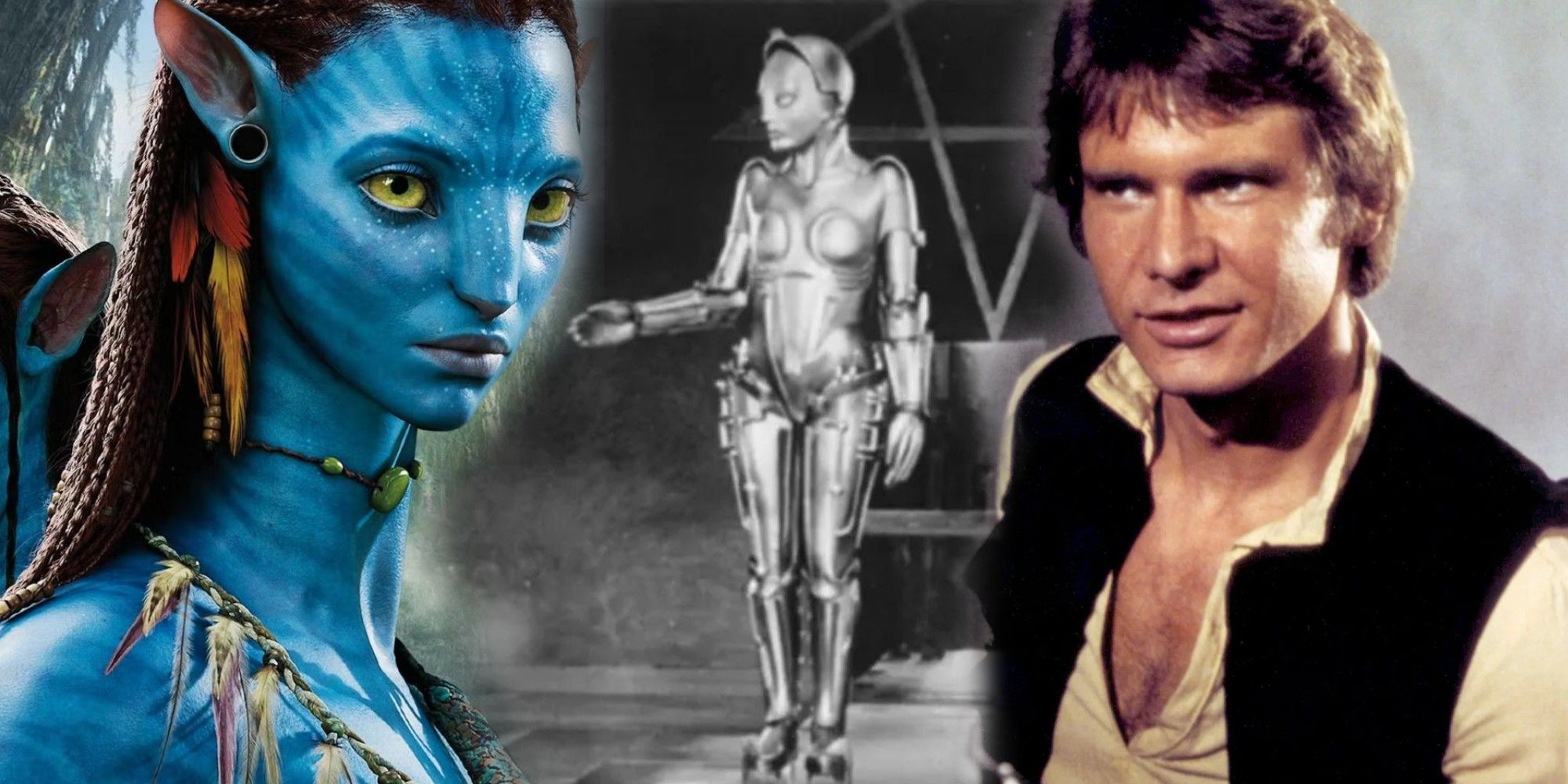 Related The 10 most important science fiction films ever made Science fiction is now among the most popular film genres, and films such as Forbidden Planet, Space Odyssey, Blade Runner and Avatar have made this happen.
Related The 10 most important science fiction films ever made Science fiction is now among the most popular film genres, and films such as Forbidden Planet, Space Odyssey, Blade Runner and Avatar have made this happen.
10A trip to the moon (1902)
The first science fiction film helped build the language of cinema
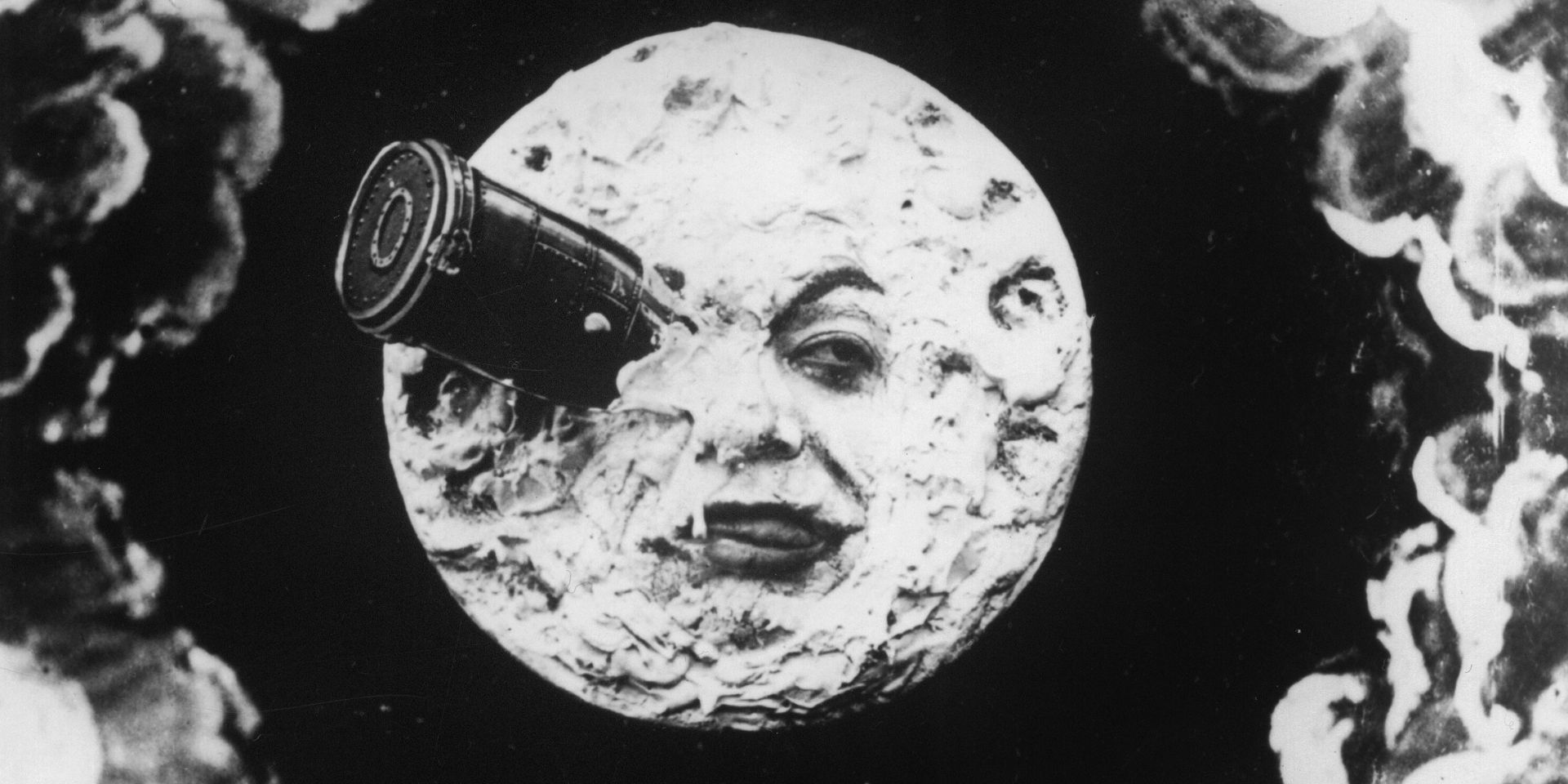
Release date September 1, 1902
Despite its conventional framing and blocking, A Trip to the Moon helped distinguish cinema as an art form in its own right.
A Trip to the Moon, by Georges Méliès, is widely considered to be the first science fiction film of all time. Like many silent films, it is full of light humor and techniques that seem drawn directly from theatrical production. Despite its conventional framing and blocking, A Trip to the Moon helped distinguish cinema as an art form of its own. It wasn't called science fiction at the time because science fiction simply didn't exist in cinema. It had a lasting impact beyond the genre, and the image of the lunar capsule landing on the face of the moon is one of the most iconic in the history of cinema.
9Metropolis (1927)
A masterpiece of German expressionism that still influences filmmakers almost a century later
Director Fritz Lang
Release date February 6, 1927
Cast Alfred Abel, Gustav Fröhlich, Rudolf Klein-Rogge, Fritz Rasp, Theodor Loos, Erwin Biswanger
The first science fiction feature film is still one of the best and helped create the cinematic language of the science fiction genre that is still used today. Metropolis is full of impressive visuals, drawing inspiration from Art Deco architecture and opera to create the image of a bustling futuristic cityscape. Metropolis was revolutionary for its social commentary, which helped science fiction films keep pace with literature. Before Metropolis, the genre was mainly escapist fantasy. In the years that followed, it began to move towards more substantial forms of storytelling. Metropolis is one of the most influential German expressionist films of all time.
8Godzilla (1954)
The original kaiju movie created a cinematic icon
Director Ishiro Honda
Release date November 3, 1954
Cast Akihiko Hirata, Akira Takarada, Momoko Kôchi, Takashi Shimura
Godzilla created the kaiju genre and spawned one of the most successful film franchises of all time. The original is still one of the most appealing Godzilla films, as it fits perfectly into the post-war Japanese setting. Even though this context has long been forgotten by countless adaptations, Godzilla is more popular than ever, and the MonsterVerse is a huge box office success. Godzilla's legacy goes beyond kaiju movies, however. The movie's depiction of man's response to overwhelming threats has inspired science fiction films about aliens, asteroids and everything in between.
7Invasion of the Body Snatchers (1956)
Alien invasion movies have never been the same since Invasion of the Body Snatchers
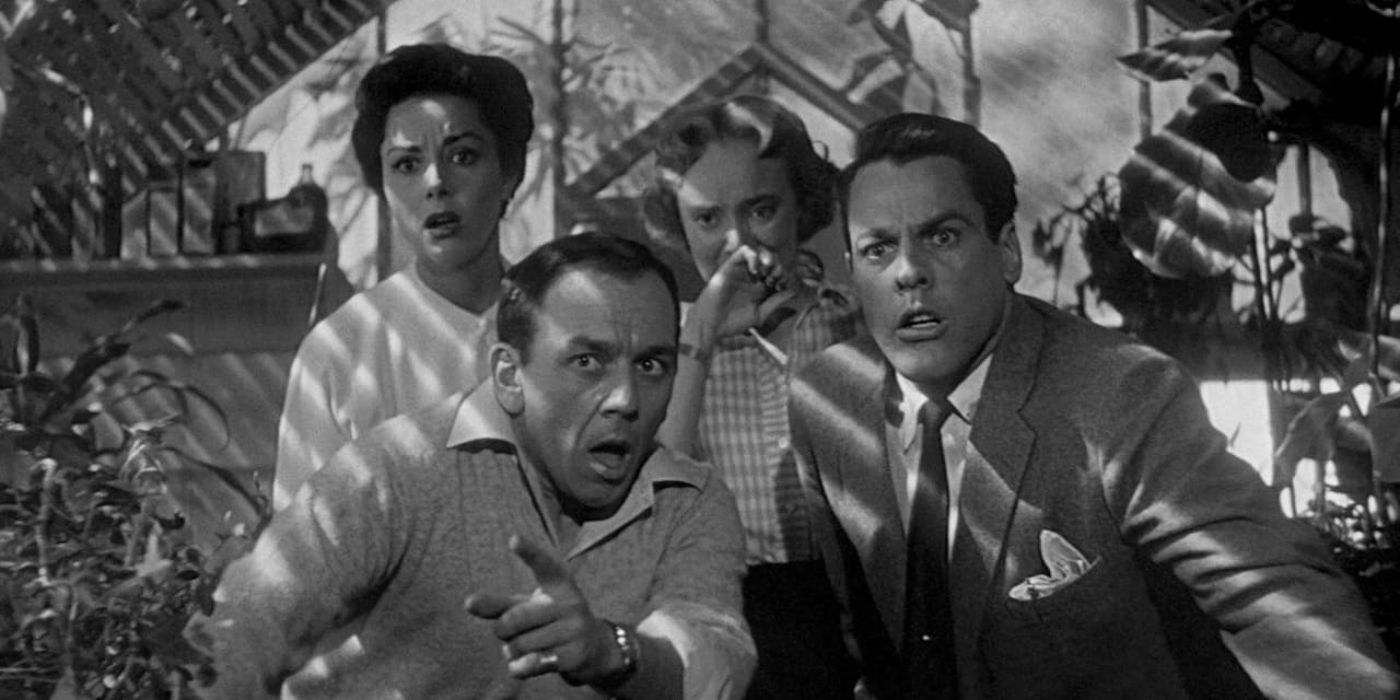
Director Don Siegel
Release date February 5, 1956
Cast Kevin McCarthy, Dana Wynter, Larry Gates, King Donovan, Carolyn Jones, Jean Willes, Ralphe Dumke, Virginia Christine
Like its 1978 remake, the original Invasion of the Body Snatchers is one of the best alien invasion films of all time. The film follows a small-town doctor who slowly realizes that all his neighbors are being replaced by blank, emotionless copies. Like many science fiction films of the same era, Invasion of the Body Snatchers can be seen as an allegory about the spread of communism, but it can also apply to the more general fear of isolation and losing touch with reality. Invasion of the Body Snatchers introduced a new kind of movie monster.
6 The Day the Earth Stood Still (1951)
Robert Wise's movie approached aliens in a new way
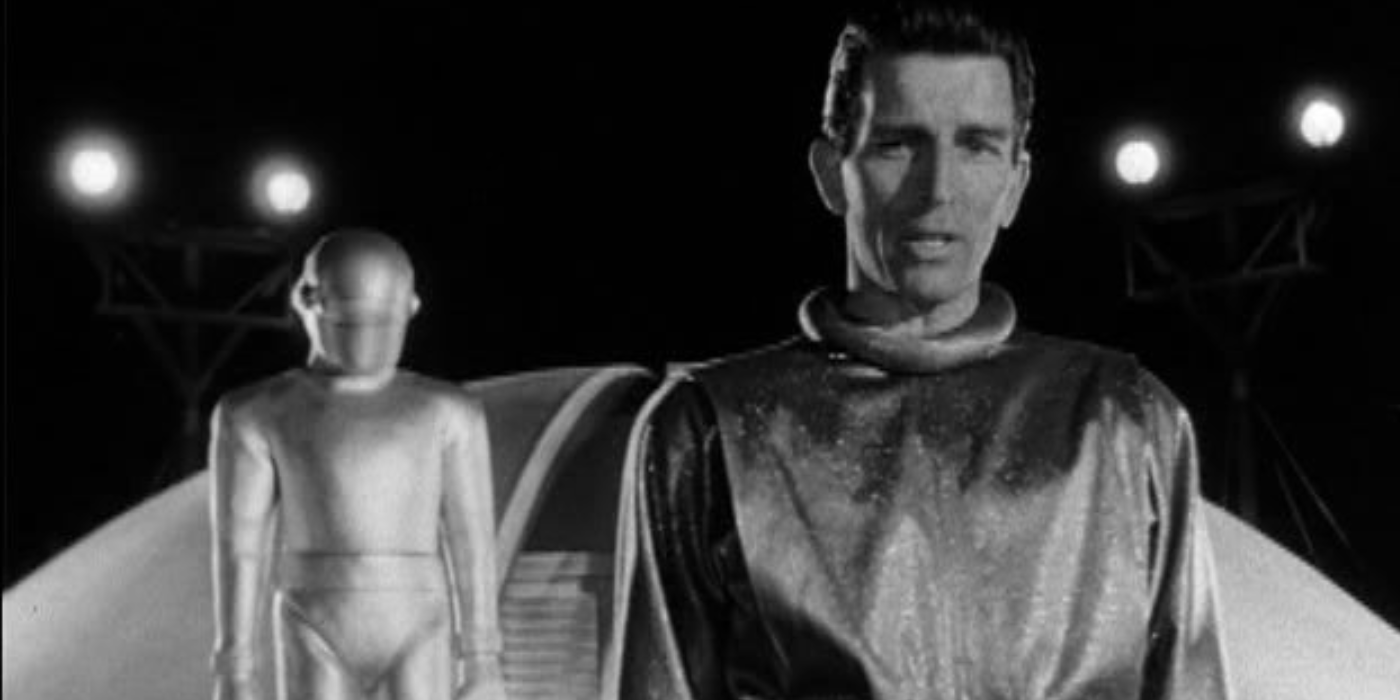
Director Robert Wise
Release date September 18, 1951
Cast Hugh Marlowe, Patricia Neal, Billy Gray, Michael Rennie, Sam Jaffe
Alien invasion films are an extremely popular science fiction sub-genre, and The Day the Earth Stood Still helped shape the conventions of the genre as it is today. Many other films now portray aliens with ambiguous intentions and a fundamental barrier that prevents humans from fully understanding them. Just think of Arrival or Edge of Tomorrow. The Day the Earth Stood Still is also notable for the way its allegory aligns perfectly with contemporary Cold War anxieties. Alien invasions should always try to reflect some wider social fear, like the way the Village of the Damned attacks the insecurities of man's parents.
5The Fly (1958)
The Fly skillfully combines science fiction and horror

The Fly is a brilliant articulation of the common fear that technology is advancing faster than humanity can keep up with it. It was famously remade by David Cronenberg in 1986, but the original still stands up to scrutiny. The practical effects are impressive for the time and the story is surprisingly relevant to modern cultural anxieties. The Fly makes a point of telling a convincing human story before going too far into science fiction make-believe. The half-fly half-human hybrid doesn't appear until an hour into the movie, and that makes the impact all the more shocking.
4Creature from the Black Lagoon (1954)
A creature feature that's more than just cheap thrills
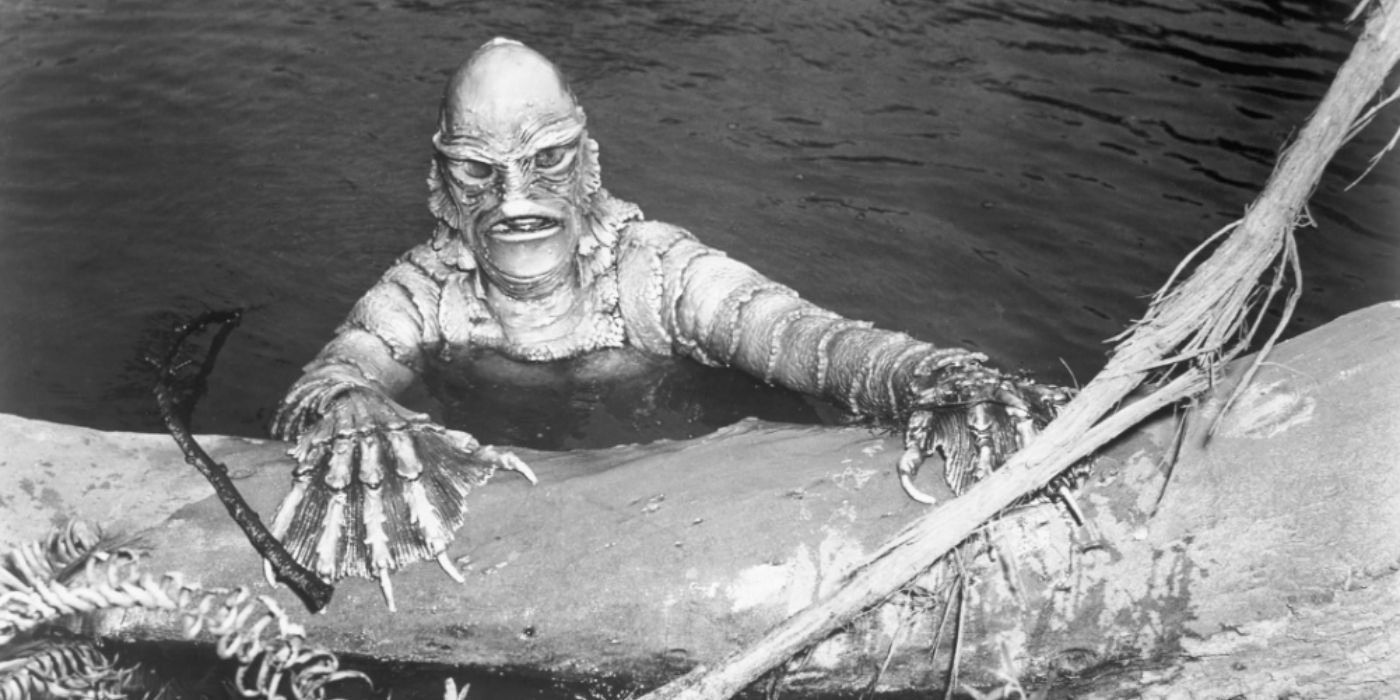
DirectorJack Arnold
Release date February 12, 1954
Cast Julie Adams, Richard Denning
The Creature from the Black Lagoon is part of a tradition of creature features that suggest there may be strange and unknown creatures right here on Earth. The monster, known as Gill-Man, has shaped the design of creatures in science fiction and horror for years. The Shape of Water is a recent version of the creature's story. Guillermo del Toro's Oscar winner gives the story a new twist, but the creature is instantly recognizable. For different viewers, Gill-Man's story can represent completely different themes, ranging from environmental destruction to power dynamics between genders.
3Frankenstein (1931)
An iconic adaptation of a revolutionary novel
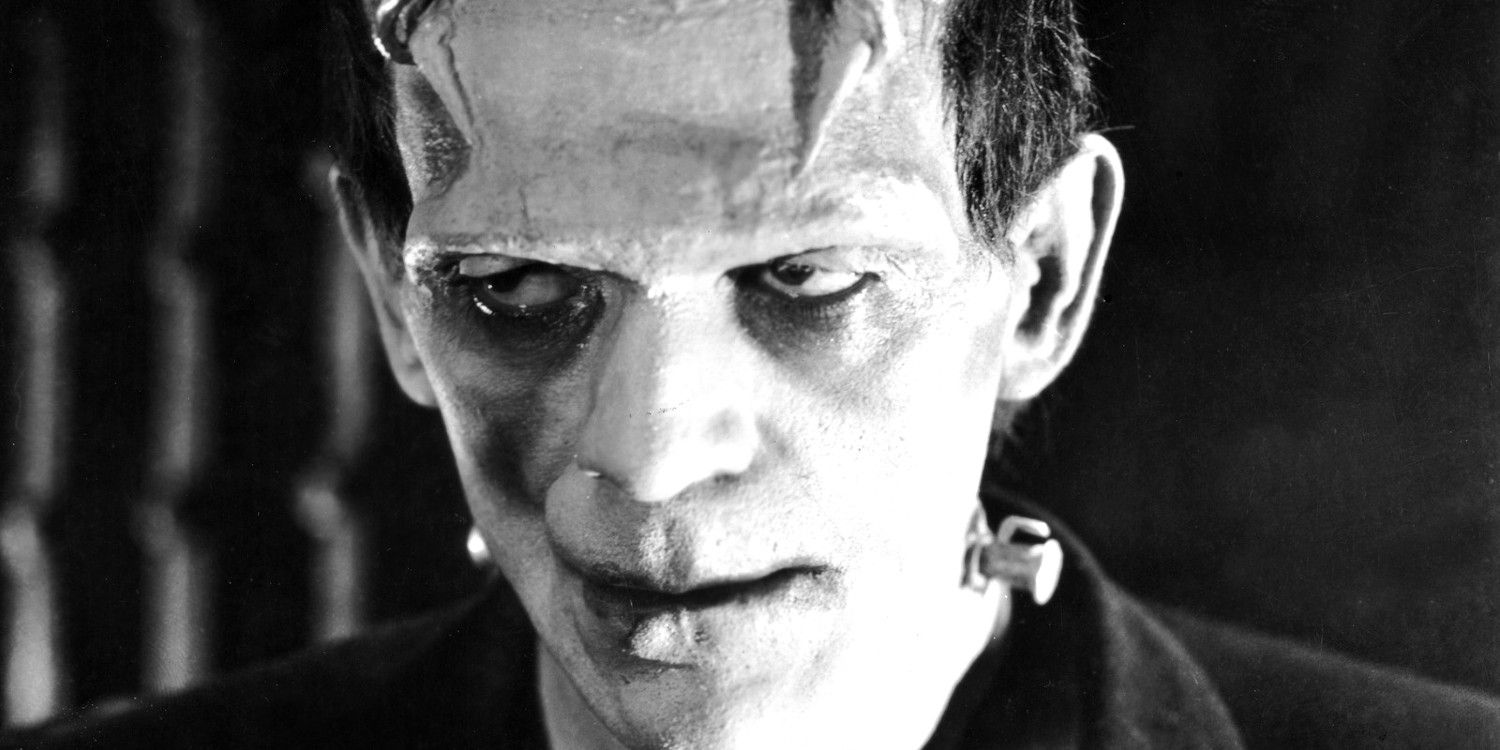
Director James Baleia
Release date November 21, 1931
Cast Colin Clive, Mae Clarke, Boris Karloff, John Boles, Edward Van Sloan, Frederick Kerr, Dwight Frye, Lionel Belmore
Mary Shelley's Frankenstein is one of the most influential horror and science fiction novels ever written, perfectly encapsulating the moral struggle over man's relationship with the natural order. The Boris Karloff film remains the most iconic cinematic version of Frankenstein, giving the monster a mixture of menace and innocence. Frankenstein may be more relevant than ever in the modern world, as debates about artificial intelligence and gene editing increase. More and more science fiction films have dealt with these topics. It's hard to imagine Ex Machina, Blade Runner or Poor Things existing without Frankenstein.
twoKing Kong (1933)
Kong was not a typical movie monster at the time
Director Merian C. Cooper, Ernest B. Schoedsack
Release date March 2, 1993
Cast Fay Wray, Robert Armstrong, Bruce Cabot, Frank Reicher, Sam Hardy, Victor Wong
Looking back at the original King Kong movie shows how much the character has evolved over the last 90 years and 12 movies. Even so, the emotional core of the story has been intact since the first movie. Kong is a gigantic beast hitherto unknown to science, but his human captors see him only as a means of making money. King Kong influenced many of the creatures' characteristics, showing that destructive monsters are not as interesting as those with heart. The next Godzilla vs. Kong: The New Empire will be the thirteenth Kong movie.
1Flash Gordon (1936)
Space opera is a favorite among science fiction writers and directors
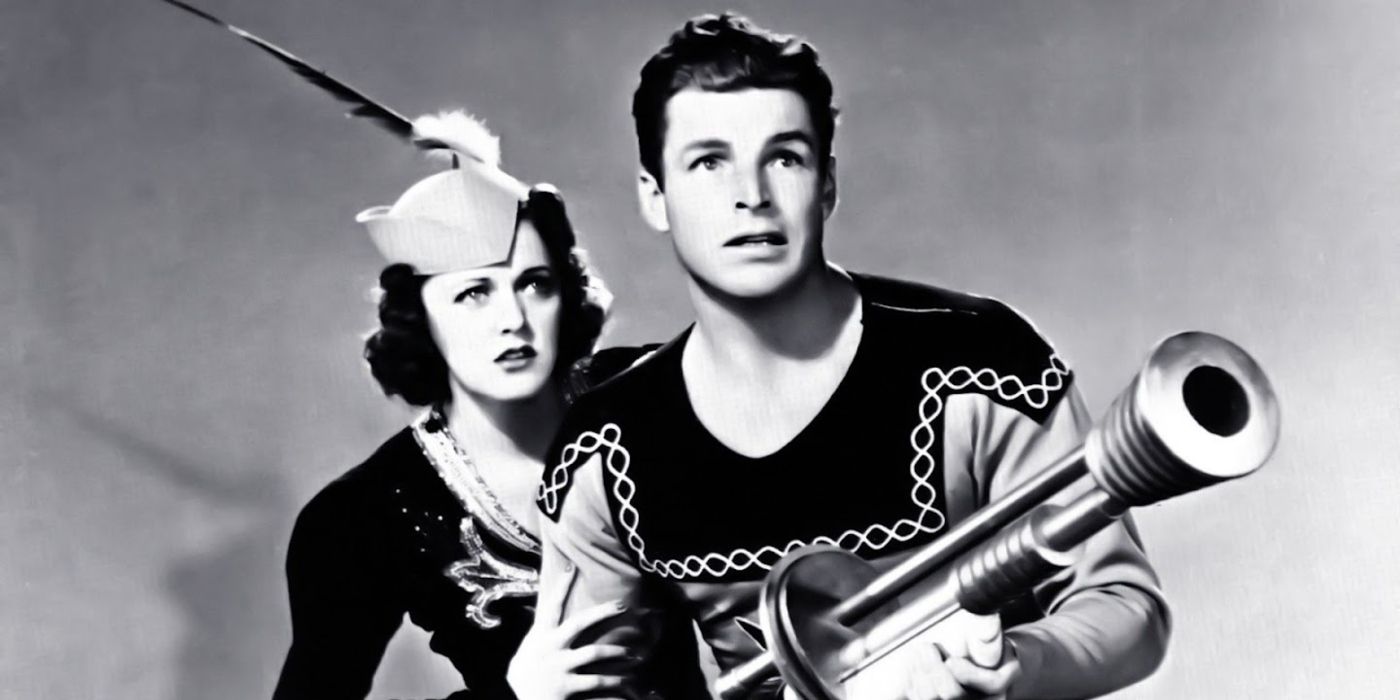
Release date April 6, 1936
Running time 245 minutes
Genres Science Fiction, Action, Adventure
The original series of films was immensely popular and had an impact on science fiction writers and filmmakers for decades. Star Wars and Star Trek owe a lot to Flash Gordon.
Released as a serial movie with 13 chapters, Flash Gordon was one of cinema's first space operas. The original series of films was immensely popular and had an impact on science fiction writers and filmmakers for decades. Star Wars and Star Trek owe a lot to Flash Gordon. There have been many versions of Flash Gordon since he leapt from the pages of comic books to the big screen in the 1930s. Apparently, Taika Waititi was working on a new live-action movie, but news of this has been muted in recent years.
[ad_2]
Source link